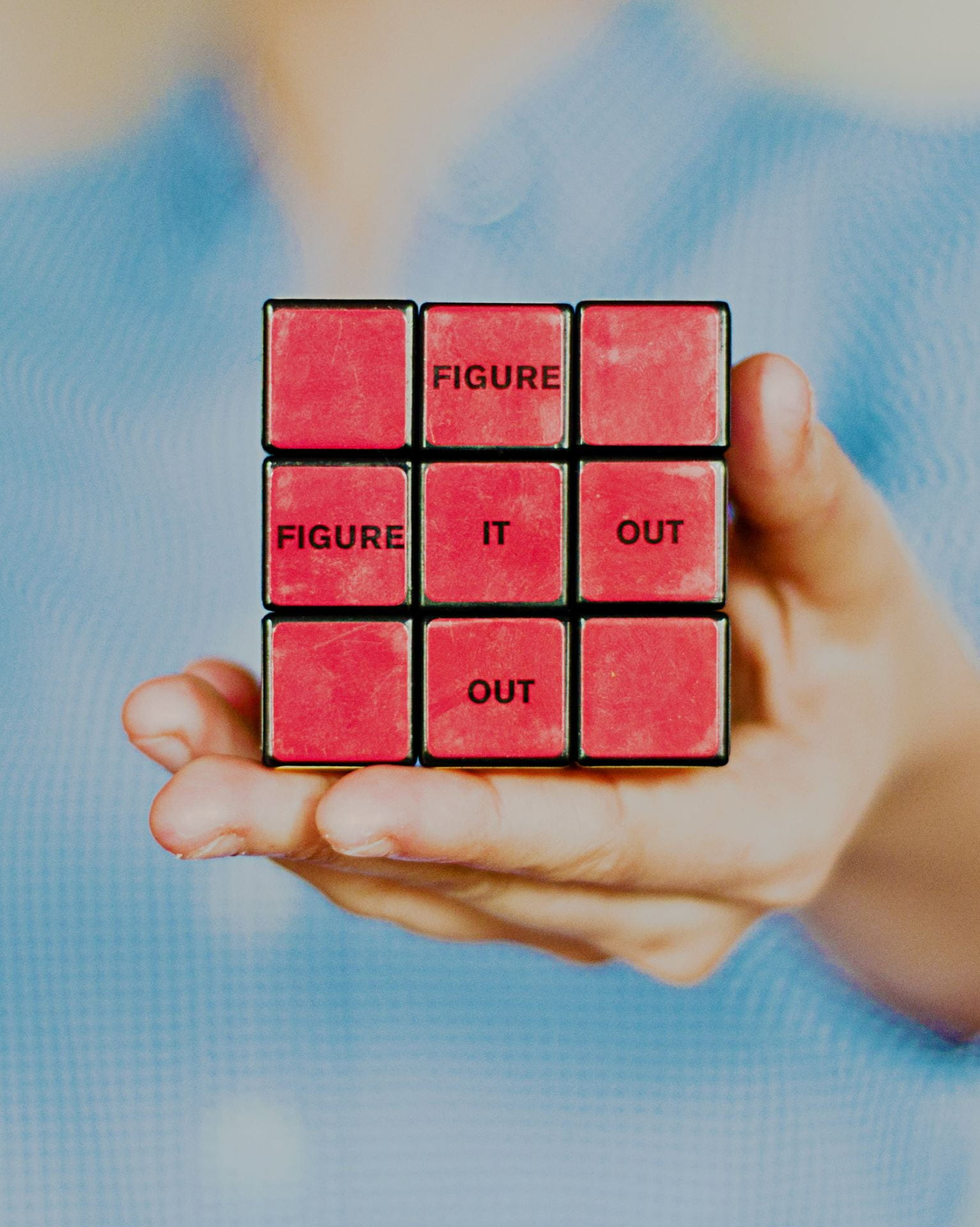If you have a mental health problem that you have been unable to solve, try something new! Consider the following ten sensible methods and choose one that you have not tried before in attempts to solve your current problem. Read information below related to the method you choose and give the method a sincere, persistent effort.
Please post a comment or send a confidential email to jmalouff@une.edu.au to say whether the method helped you and to give any other feedback you want. I hope to make this site as useful as possible, and your feedback can help.
Methods
1. Consult a GP
General practitioners are medical doctors trained to treat a wide range of health problems. For mental health problems GPs may do tests and prescribe a medication or refer you to a specialist or therapist. GPs in Australia can authorize government payment for several sessions of psychotherapy provided by a psychologist.
Here are tips on how to benefit from a visit to GP to talk about a mental health problem.
2. Consult a mental health counsellor/psychotherapist/psychologist
Psychologists and mental health counsellors use talk therapy to help clients who have a mental health problem. See information about the potential benefits of counselling.
Here is information on how to find a therapist and set an appointment.
3. Use written “self-help” material online or in a self-help book
Self-help materials can be useful if they lead to readers’ changing their thinking, their behaviour, or their situation. See:
Online self-help material from Western Australia government for a wide range of problems
https://www.healthline.com/health/mental-health/mental-health-books
MedicalNewsToday list of best books for mental health
Or use your browser to search for your problem and best self-help online (or book).
4. Meditate
For top-rated meditation apps, see here.
5. Using a phone app that targets the problem
Phone apps can provide support and guidance. Choose one that suits your goal. See these lists of top-rated apps:
Or use your browser to search for best apps for your problem.
5. Talk with a supportive family member, friend, religious leader, or elder about the problem
Talking with someone about your problem can help you get another perspective and feel supported. Talking to someone may help you find a solution to the problem.
Talk with someone who will try to help — someone you trust.
See here and here for ideas for whom to choose and what to say:
7. Join a support group — in person or online — focused on overcoming the problem
A support group can be in-person or online. Group members typically have the same sort of problem and thus may be good at providing understanding and guidance. Also, the chance to help another person can be empowering.
A person can search for a relevant support group by using a search engine and typing in the type of problem and the words “support group.” Mention your locale if you seek an in-person group.
Here is more information about support groups.
For persistent, serious problems, consider a SANE support group.
8. Write about your problem in a journal
Writing about a problem can help you express your emotions, organize your thoughts, see things more clearly, and identify possible causes and solutions. Write daily or so about your relevant thoughts, emotions, behaviors, and situations. You can write relevant goals too.
See here information about how to get started.
9. Use a relaxation method.
Relaxing can decrease the power of negative emotions and help refresh a person. See here a wide variety of relaxation methods. Choose one that suits you.
Repeated practice with a specific method is likely to make it more effective.
10. Increase the amount of exercise you get, especially in nature
See here how exercise can help a person’s mental health.
See here how exercising in nature has special benefits.
A walk or run could help. A swim in the ocean could. Put your body and mind into the experience. Go as often as needed.




Great ideas